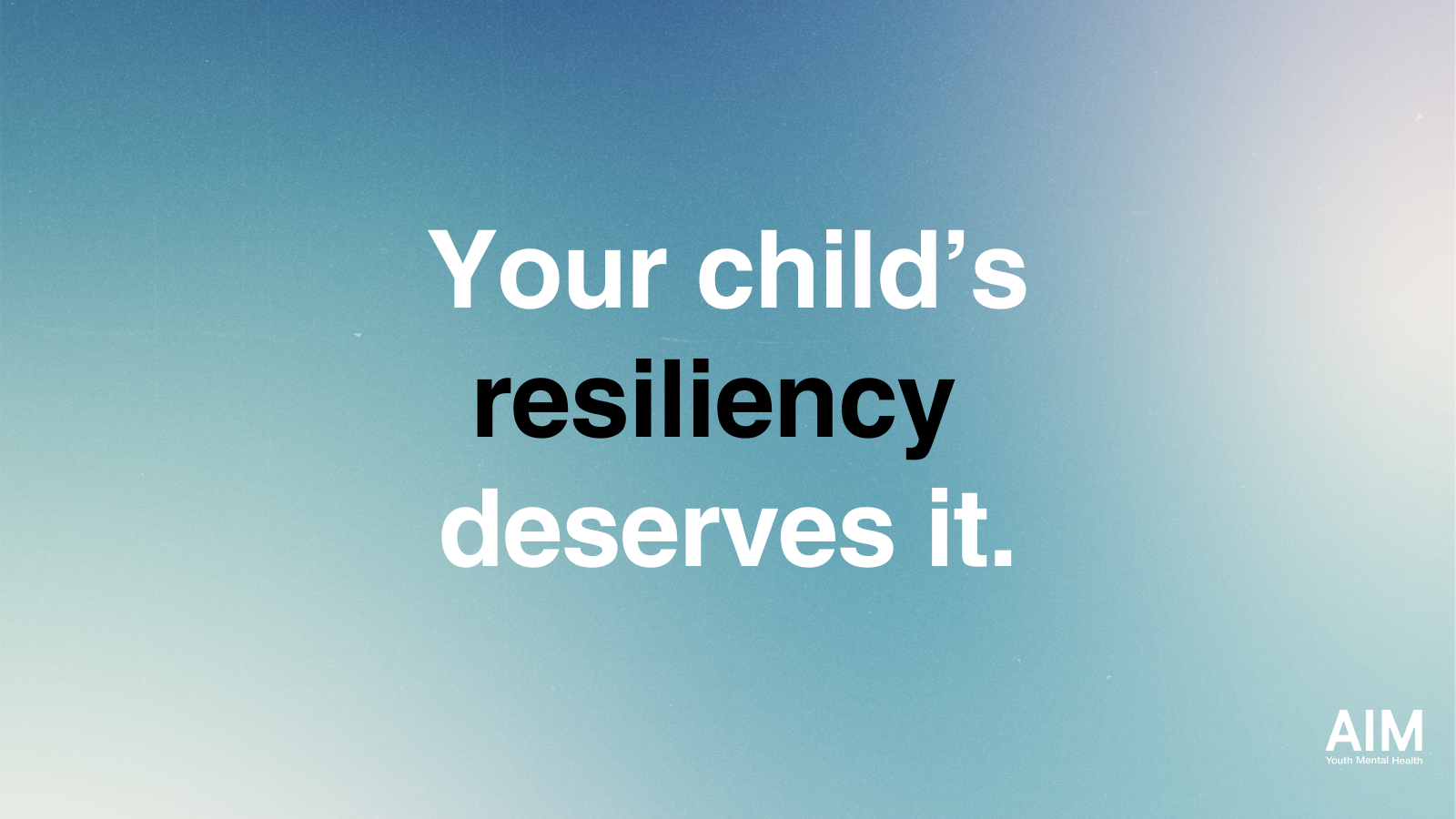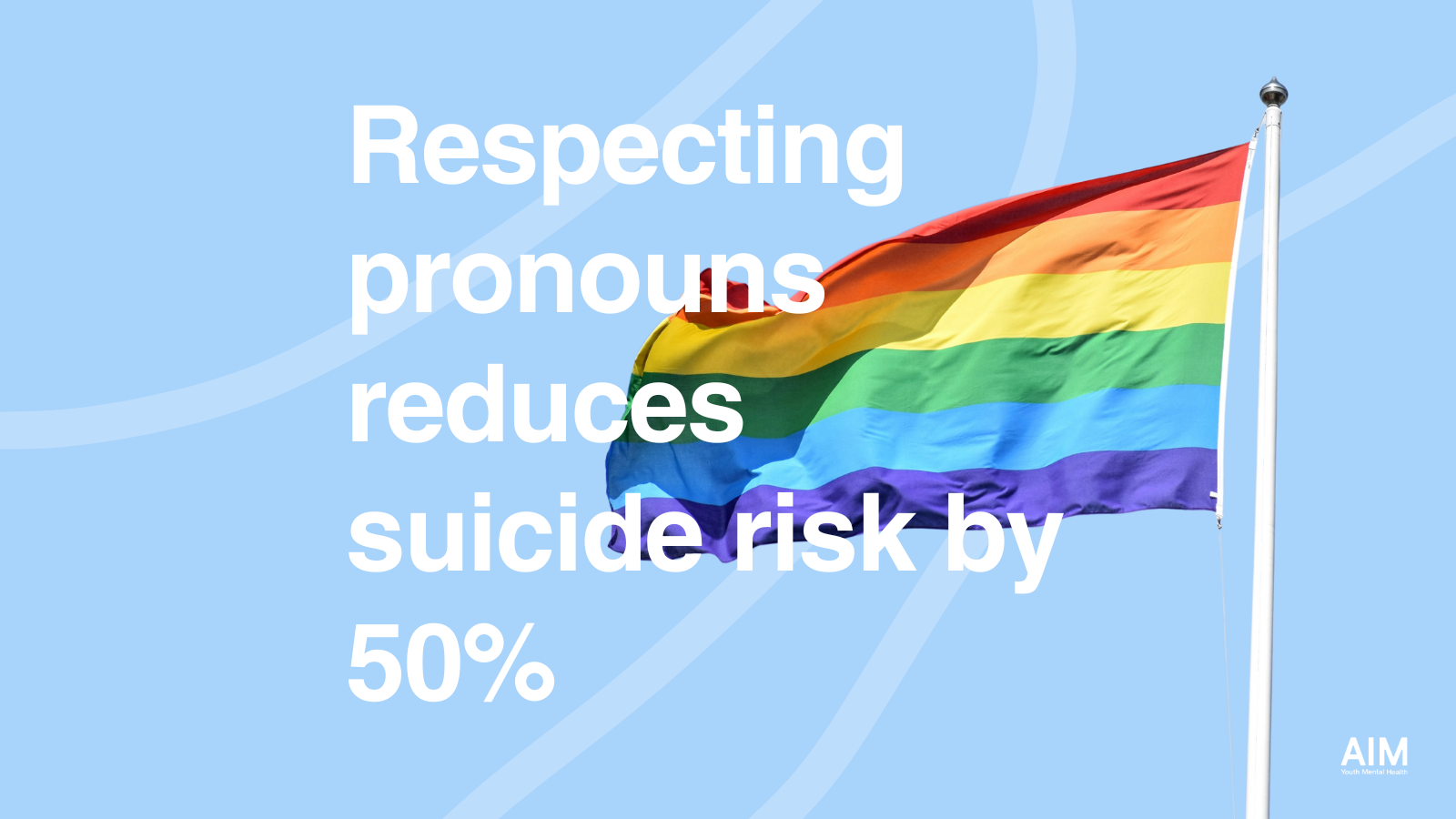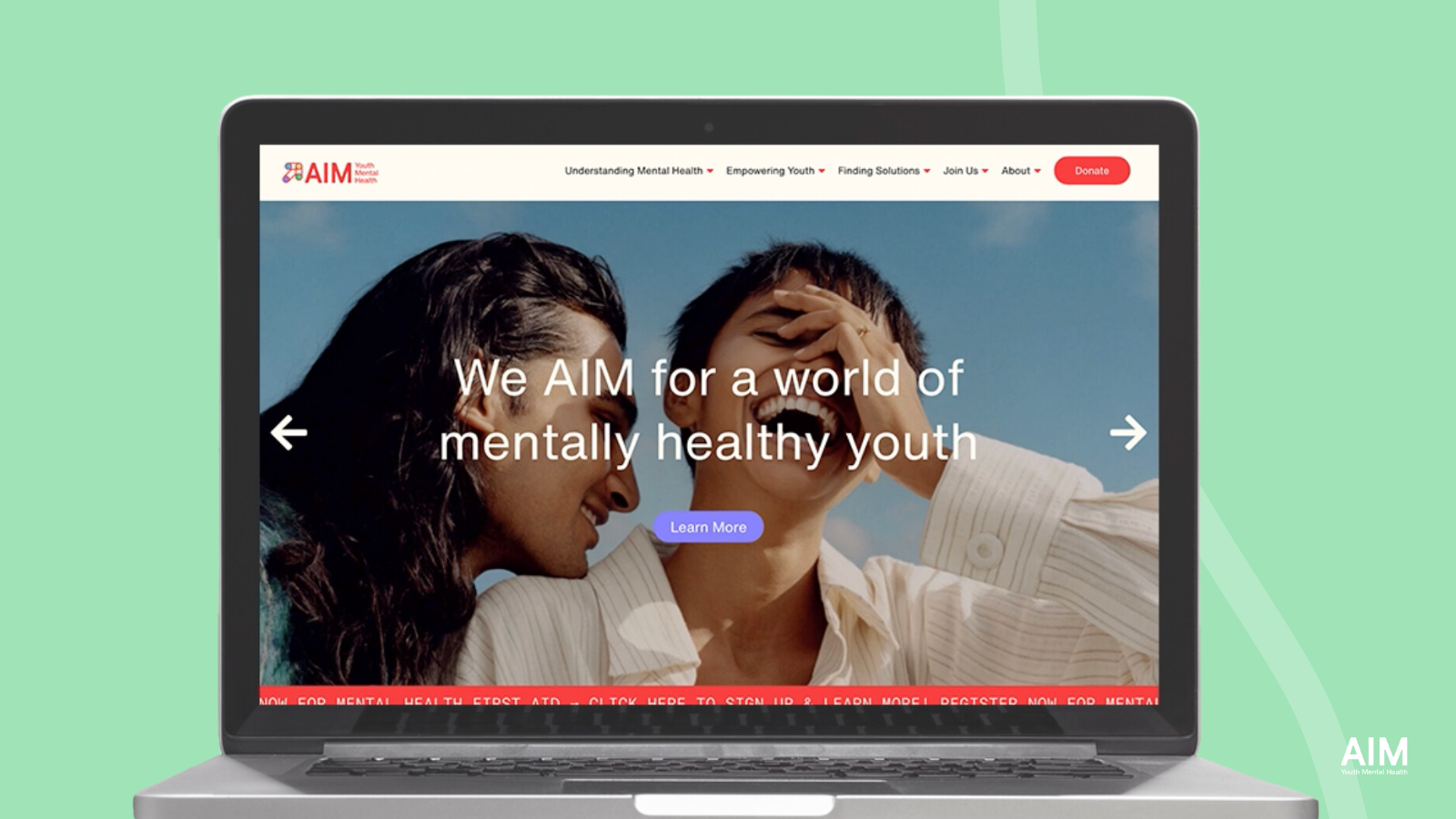- Use it as a means to inspire and to be inspired. Follow accounts that align with your interests and motivations. Social media holds an incredible amount of information instantly available at your fingertips. Don’t let content just come to you – seek it out. Ask yourself: What makes me happy? What resonates with me? When am I most inspired? Find the content that answers those questions.
- Use it to make the world a little bit smaller. We all need more connection right now. Social media is a blessing in disguise when it comes to social distancing. Connect with your friends and family. Network with new people from anywhere in the world. Share that silly video that will make someone smile.
- Be selective about what accounts you follow. If you ever feel an account is making you feel sad, angry, left-out, jealous – unfollow them. Unfollow any and all negativity. It’s okay to use this tip and unfollow negative people in real-life too.
- Set strict time limits. It is way too easy to get lost scrolling. If you’ve seen The Social Dilemma, you’ll know that social networks have powerful algorithms to keep you locked in. Avoid the possibility of spending way too much time looking at a screen by setting time limits. Here’s how you do it (on an iPhone): Go to settings -> screen time -> app limits -> add limit -> choose any app you spend too much time on and set 15-30 minute limits. Follow this strictly.
- Take full days off. Challenge yourself to go at least one day a week with no social media usage. See how you feel on those days.





